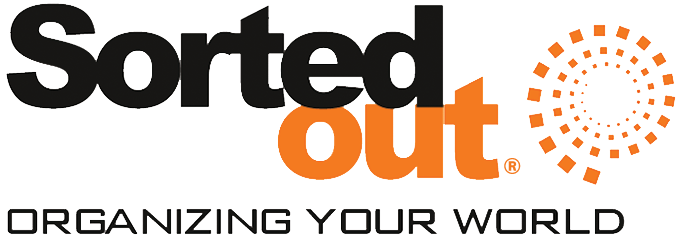
Meetings are a necessary evil for any business or group of people working together, but there is a way to take the “evil” out of the equation! Meetings are necessary; but the more efficient they are, the better they will be regarded and attended. Read further for our experts’ best advice on how to run your meetings more effectively.
What’s the purpose of the meeting?
You first want to make sure the meeting has a purpose. Have a clear idea as to what you want the meeting to be about and know why it’s important you conduct a meeting for this. Knowing this before scheduling the meeting will give you a better perspective and help you establish how you’ll proceed with the meeting itself. Reasons for a meeting can include:
- Discussing ideas about upcoming projects or tasks
- Issues that have come about during a project
- New products or services your company will be launching
- Progress updates & planning for the upcoming month/quarter/year, etc.
No matter what the reason, try your best to make the purpose clear to all in attendance. By showing them you value their time, but also find the meeting’s purpose valuable, they will have an attitude that best allows you to effectively run the meeting.

What do I want to accomplish from this meeting?
It is important that your goals are clear upon entering the meeting. Beforehand, evaluate and determine your desired outcome/goal. What must be established before the meeting comes to an end? What is the most critical message you need to get to those in attendance?
Are you trying to ensure everyone is updated on tasks/projects? Discussing ideas for future plans? Solving problems in the workplace? All the above? Asking yourself these questions and evaluating what you hope to accomplish in the planning phase will help ensure the meeting (once held) is productive and beneficial to all parties involved.

How long is this meeting?
You should have a goal timeframe for the meeting before it begins. Determine how long you believe it will take for the set goals to be accomplished. One hour? Two? Maybe there is only one thing you hope to accomplish, and you believe it will take no longer than thirty minutes; great! In any case, you should set exact times as to when you plan on starting the meeting and when you plan to end the meeting. This allows everyone to block the time on their schedule and it sets the expectation as to when all attendees are supposed to be there.
Prepare an agenda
If the meeting coordinator doesn’t come prepared with an agenda there is an unlikely chance the meeting will be run effectively. Think of all the topics you want to discuss during the meeting and create a list. Next, figure out how much time you believe you will need per topic and plan the length of the meeting accordingly. Determine who your attendees will be (sales team, management, etc.) and notify everyone beforehand about the upcoming meeting. Again, it’s best if you can show your respect for others’ time by giving them as much advanced notice as possible. By creating an agenda and notifying everyone you need to attend, it also allows them the opportunity to properly prepare for the meeting as necessary.
Be on time and set the expectation for others attending
As the coordinator, it’s important you begin efficiently by starting your meeting at the planned scheduled time. (Likewise, you should courteously end the meeting at the time you scheduled!) Don’t wait on anyone before starting the meeting. This promotes your expectation of punctuality and respect in the workplace. If you are holding the meeting virtually you want to silence or mute Zoom. You will also be most effective if your dress code models the expectation of appearance (formal vs. informal). As the person running the meeting it is important you lead by example.

Follow up the meeting with a summary
At the conclusion of your meeting, briefly summarize all topics that were discussed. If any tasks were delegated to attendees, make sure to note the expected completion deadlines for each. This will also help remind attendees about any great ideas that were discussed, so you/they can begin generating a plan to move forward with them.
Follow-up summaries also open the door to feedback. You can review the session and information you provided to decide if the meeting achieved its purpose. You also want to consider what worked/was well received vs. what wasn’t. All this feedback and reflection can then be used and considered during the planning phase for your next meeting.
Running meetings can be intimidating if you’re new to the role/process, you’re unorganized, or you enter unprepared. Our productivity and business organization experts would be happy to work with you to plan any upcoming meetings. Or we can provide feedback on any meeting agenda you’ve created on your own while in planning mode. Don’t hesitate to send us an email at info@sortedout.com if you believe we can assist in any way!
Looking forward to hearing from you,
Tonia
Request a Consultation
There are so many ways that organization can help take back a space that is overwhelming and bring it to functional! We are excited to help start your journey to an organized and productive space.






